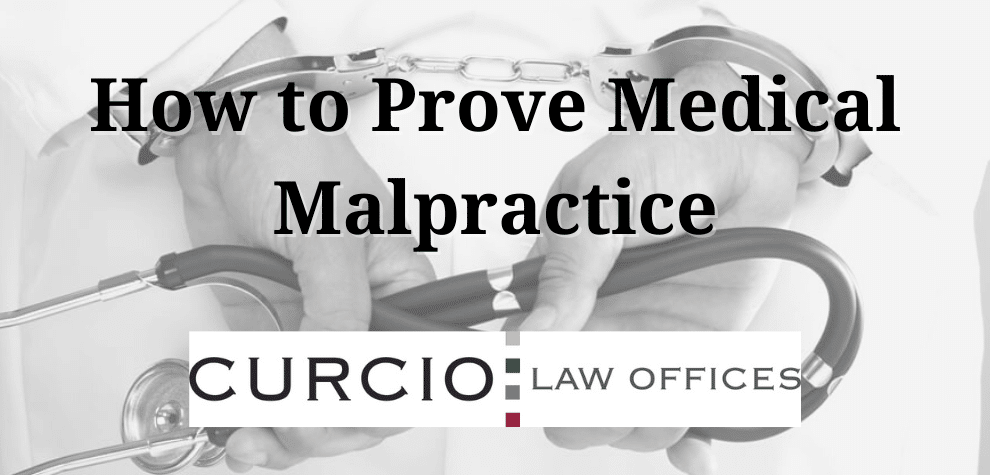
As patients, we trust healthcare professionals to provide us with the best possible care. Unfortunately, there are times when things go wrong and medical errors occur.
Medical malpractice is a legal concept that refers to negligence or substandard care provided by healthcare professionals that result in harm to the patient. It can occur in any healthcare setting, including hospitals, clinics, and doctor’s offices. To prove medical malpractice, four elements must be established:
- Duty: the healthcare provider’s responsibility to provide a certain standard of care to the patient.
- Breach: when the provider fails to meet this standard of care.
- Causation: the link between the breach of duty and the patient’s harm.
- Damages: the physical, financial, and psychological harm caused to the patient due to the breach of duty.
In the city of Chicago, medical malpractice is a growing concern.
What are the Causes of Medical Malpractice?
Some common causes of medical malpractice include:
- Communication breakdowns: healthcare providers are not effectively communicating with each other or their patients. This can lead to miscommunication of important information, misunderstandings, and errors in diagnosis or treatment.
- Inadequate staffing: there needs to be more staff members to meet patient needs. This can lead to overworked and overstressed healthcare providers, increasing the risk of errors and oversights.
- Lack of experience or training: healthcare providers are asked to perform procedures or treatments beyond their expertise or training. This can lead to errors in diagnosis, treatment, or medication and can put patients at risk.
- Failure to follow established procedures or protocols: healthcare providers do not adhere to set patient care guidelines. This can lead to errors in medication, misdiagnosis, and other forms of medical negligence.
What are the Types of Medical Malpractice?
Medical malpractice can take many forms. Some common types include:
Birth Injuries
Birth injuries occur when a healthcare provider’s negligence during prenatal care, labor, and delivery causes harm to the mother or the baby.
Surgical Errors
Surgical errors can occur during any surgical procedure. Common surgical mistakes include operating on the wrong body part, anesthesia errors, or leaving surgical instruments inside the patient’s body.
Medication Errors
Medication errors can occur when a healthcare provider prescribes the wrong medication or dose. These errors can lead to serious harm or even death.
Inadequate Informed Consent
Inadequate informed consent occurs when a healthcare provider fails to fully inform a patient about the risks and benefits of a medical procedure or treatment.
Misdiagnosis
Misdiagnosis occurs when a healthcare provider fails to diagnose a patient’s condition correctly.
Effects of Medical Malpractice
Medical malpractice can have a range of effects on patients, including physical, emotional, and financial harm. Some common effects of medical malpractice include:
- Physical harm: Medical malpractice can cause physical harm to patients, including injuries, illnesses, and disabilities. By not receiving the proper treatment, patients can experience their condition worsening or can develop new conditions.
- Emotional harm: Medical malpractice can also cause emotional harm to patients, including anxiety, depression, and post-traumatic stress disorder (PTSD). Patients may also experience feelings of betrayal or loss of trust in their healthcare providers.
- Financial harm: Medical malpractice can be costly for patients, resulting in medical bills, lost wages, and other expenses related to their injury or illness. Patients may also need ongoing medical care or rehabilitation, which can be expensive.
- Loss of quality of life: Patients who experience medical malpractice may also experience a loss of quality of life, including limitations on their ability to work, participate in activities, or care for themselves or their families.
- Loss of life: In some cases, medical malpractice can result in the loss of a patient’s life, which can have devastating effects on their loved ones.
Seek legal advice if you suspect that you or a loved one has been a victim of medical malpractice; you may be entitled to compensation.
How to Seek Legal Help
Medical malpractice cases can be complex and challenging to prove. There are strict time limits for filing a claim, so it is important to act quickly.
The first step in seeking legal help is finding an experienced medical malpractice attorney to review your case and determine whether you have a valid claim.
Once your attorney has reviewed your case, they will advise you on your legal options, which may include filing a lawsuit or pursuing a settlement with the healthcare provider or their insurance company. Your attorney will work with you to gather evidence, negotiate with the other party, and represent you in court if necessary.

